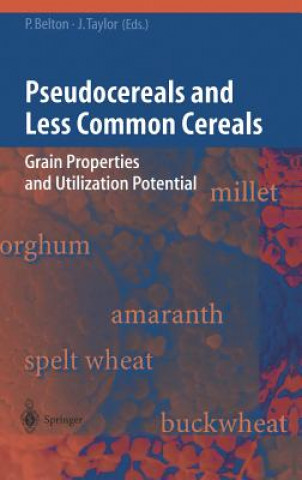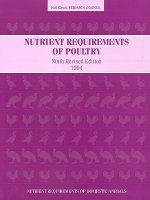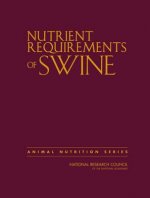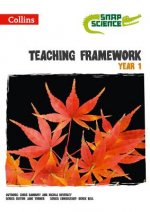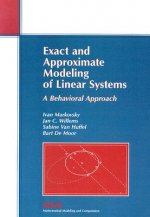
Delivery
Shopping guide





Doesn't suit? No problem! You can return within 30 days
 Gift voucher
any value
Gift voucher
any value
You won't go wrong with a gift voucher. The gift recipient can choose anything from our offer.
Pseudocereals and Less Common Cereals
 English
English
 317 b
317 b
 Delivery to Austria
Delivery to Austria
30-day return policy
You might also be interested in


This book, written by leading grain scientists from Europe and Africa, examines six such grains that have been important food crops in various parts of the world and have the potential for much greater and more widespread use. The chemistry, nutritional value, food processing technologies and potential applications of three true cereals: sorghum, spelt wheat and the major millet species, and three dicotyledonous pseudocereals: grain amaranth, buckwheat and quinoa are discussed. Just three cereal grains account for more than 75 per cent of all grains produced worldwide. This causes high risks for the future of humankind via catastrophic food crop failures and is detrimental to our long-term health. In addition, the intensive cultivation practises needed to produce the required high yields of these cereals is frequently leading to environmental degradation, and they are often inappropriiate in the Developing World.
About the book
 English
English
Categories


 Contact
Contact How to shop
How to shop















